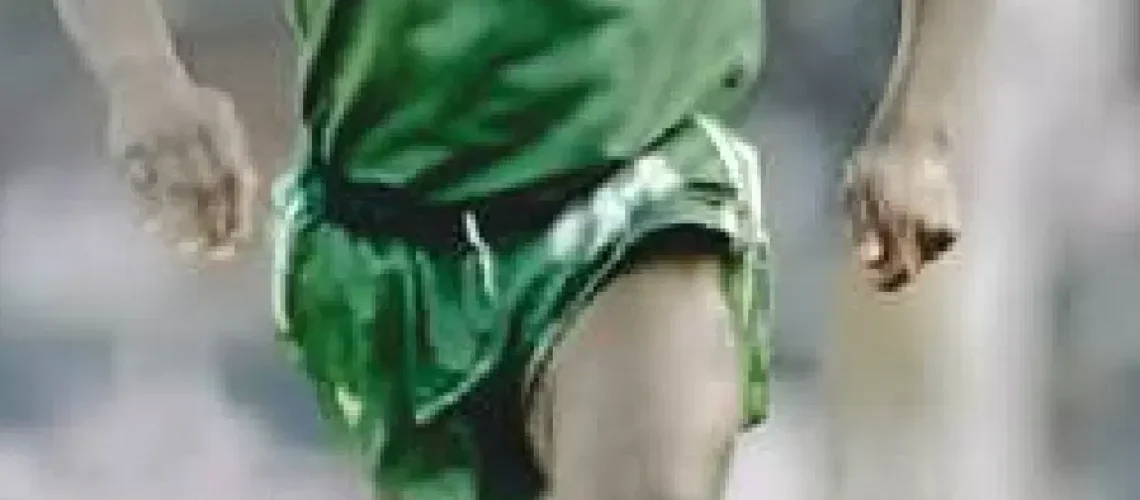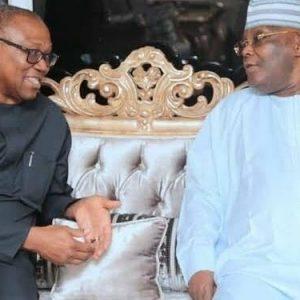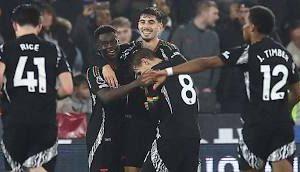Introduction
Born on November 24, 1954, in Inisha (pronounced Inisa), Osun State, Dr. Felix Owolabi’s journey to becoming one of Nigeria’s football legends began in an unusual way. As a young boy, he was taken under the wing of Catholic missionaries, a connection facilitated by his father’s role in helping the mission establish itself in their community. This early association with the Catholic mission would shape not only his character but also his future in sports.
Early Life and Education
Though born in the western part of Nigeria, Owolabi’s formative years were spent in Kaduna, in the northern region. His education took place in mission schools, where he first displayed his exceptional athletic abilities. As a youth, he excelled not only in football but also as a sprinter and middle-distance runner. His natural athletic prowess was evident in every sport he attempted, making him a standout athlete in his school years.
The streets of Kaduna became his first football academy. Like many young boys, he would often get lost in impromptu football matches during errands, using whatever materials they could find to create makeshift balls. These informal games, though they often earned him punishment at home, were the foundation of his passion for football.
Educational Journey and Sports Development
Owolabi’s educational path took him through several institutions, including the United African Nations School in Kaduna (where he studied alongside future sports stars like Inua Rigogo and Aloysius Atuegbu), Government Secondary School Dutsin-Ma, and finally to Teachers’ Training College in Katsina. At the Teachers’ Training College, his games master recognized his special talent for football and encouraged him to focus on the sport, a pivotal moment that would shape his future career.
Professional Career
His first major break came with Kaduna Rocks Football Club, owned by the Federal Geological Survey. From there, he moved to Racca Rovers of Kano, where his performances caught the attention of national team selectors. In 1976, Owolabi received his first invitation to the Green Eagles (now Super Eagles), joining a squad that included legendary players like Christian Chukwu, Segun Odegbami, and Muda Lawal.
In 1978, a significant turning point came when Chief Lekan Salami convinced him to join IICC Shooting Stars (now 3SC) of Ibadan. This move marked his return to his Yoruba roots, and he quickly became an integral part of the team. His impact was immediate – in 1979, he scored the winning goal in the Challenge Cup final against Sharks of Port Harcourt.
National Team Glory
Owolabi’s international career reached its pinnacle in 1980 when he played a crucial role in Nigeria’s first-ever Africa Cup of Nations (AFCON) victory on home soil. His contributions to the national team also included winning the West African Nations Cup in 1977 and securing a silver medal at the 1978 All Africa Games. Under Coach Father Tiko, who had a special interest in nurturing young talent, Owolabi flourished as a left-winger, earning the nickname ‘Owoblow’ for his ability to tear through defenses.
Key Achievements and Victories
1980 Africa Cup of Nations Triumph
The crowning moment of Owolabi’s international career came in 1980 when Nigeria won their first-ever Africa Cup of Nations trophy on home soil. This historic victory was particularly special as it came after near misses in previous tournaments. The team, playing in front of passionate home crowds, fulfilled the dreams of millions of Nigerians. As Owolabi himself noted, “It was not we (the team) that won it, it was Nigerians that won.” This victory marked Nigeria’s emergence as a football powerhouse in Africa.
1979 Challenge Cup Victory
One of Owolabi’s most memorable club achievements came in 1979 when he scored the decisive goal for IICC Shooting Stars in the Challenge Cup final against Sharks of Port Harcourt. The goal, scored from what he describes as “an impossible angle,” showcased his technical ability and flair for the dramatic in crucial moments.
1977 West African Nations Cup
As a key member of the Green Eagles squad, Owolabi played a significant role in Nigeria’s victory in the West African Nations Cup. This tournament helped establish Nigeria’s regional dominance and served as a stepping stone for future successes.
Olympic Games and All Africa Games
Owolabi represented Nigeria at the 1980 Summer Olympics, adding to his international experience. In 1978, he was part of the team that secured a silver medal at the All Africa Games, further cementing his status as one of Nigeria’s most decorated footballers of his era.
CAF Cup Triumph
In 1992, near the end of his playing career, Owolabi contributed to IICC Shooting Stars’ victory in the inaugural CAF Cup, adding a continental trophy to his impressive collection of honors.
Medal Collection and Personal Accolades
Throughout his career, Owolabi accumulated an impressive collection of medals and awards:
- Africa Cup of Nations Gold Medal (1980)
- All Africa Games Silver Medal (1978)
- Multiple Challenge Cup medals with IICC Shooting Stars
- West African Nations Cup Gold Medal (1977)
- CAF Cup Winners’ Medal (1992)
- Member of the Order of the Niger (MON)
Post-Playing Career and Legacy
After hanging up his boots, Dr. Felix Owolabi seamlessly transitioned from football star to academic and administrator, earning a doctorate in Physical Education – a rare achievement among his contemporaries. His role on the Nigeria Football Federation (NFF) Technical and Development Committee has been pivotal in shaping football development policies in Nigeria.
As an advocate for educational reform in sports, Owolabi consistently emphasizes reviving Teachers’ Training Colleges and proper games master programs, drawing from his personal experience of how structured education contributed to talent development. His mentorship extends to young athletes and administrators, sharing insights that combine his practical experience with academic knowledge.
The NFF continues to value his contributions, with officials describing him as a legend whose impact guides national teams. Through media appearances and public speaking, Owolabi remains an influential voice in Nigerian football, bridging the gap between the sport’s glorious past and its future potential, while advocating for improved sports administration and development.
Personal Life and Character
Throughout his career and beyond, Owolabi has been known for his humility, discipline, and strong Christian faith. His background with the Catholic mission instilled values that have guided him throughout his life. As a teetotaler and family man, he has maintained a lifestyle that has served as an inspiration to younger generations.
Conclusion
Today, Dr. Owolabi is a strong advocate for the revival of structured sports education in Nigeria. He frequently speaks about the importance of bringing back Teachers’ Training Colleges and the role of qualified games masters in nurturing young talent. His concerns about the decline in school sports infrastructure reflect his belief in the system that discovered and developed his own talent.
As we remember and celebrate the distinguished life of Dr. Felix Owolabi, his legacy stands as a shining light to the significance of discipline, dedication, and proper sports development structures. His journey from a mission school student to a football legend continues to inspire generations of Nigerian athletes, while his ongoing contributions to football administration help shape the future of the sport in Nigeria.
Stay ahead with the latest updates!
Join The Podium Media on WhatsApp for real-time news alerts, breaking stories, and exclusive content delivered straight to your phone. Don’t miss a headline — subscribe now!
Chat with Us on WhatsApp





